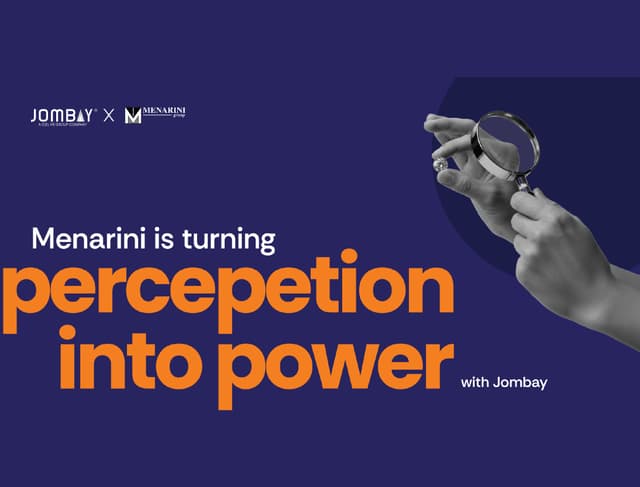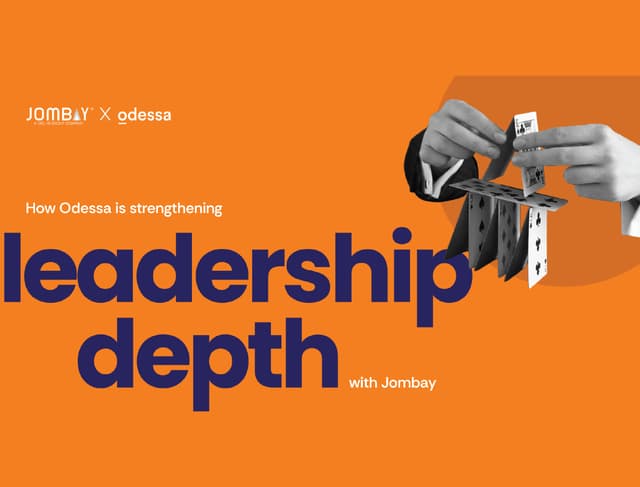Solutions
Talent Advisory
Hiring
Development and Promotions
Engagement
Workplace of Winners Annual List
Learning & Development
People Leadership
- Young Leaders’ Development Program
- Connecting Leader Program for Middle Managers
- Leadership Development Program
Theme/Competency Based
- Courageous Conversations
- Executive Presence & Storytelling
- Manager as a Coach
- Productivity through Agility
- Problem Solving & Decision Making
- Influencing Skills
- Business & Strategic Acumen
and many more ….
Transition Coaching (for Senior Leaders)
Cohort based Open Programs
HR Leadership Programs
Trusted by hundreds of global brands
Features
Bespoke Design
Customize an Assessment Center or Development Program to your competency framework or leadership indicators. Or simply choose from our competency bank and you’re ready to go!


Modern Candidate Experience
Avoid clunky interfaces and a battery of emails! Use our immersive Simulations, Assessments, Case Study platform and Video Interviewing Platform, delivered on a unified candidate dashboard.
INTEGRATES DATA FROM AUTOSCORED AND ASSESSOR LED TOOLS
You can integrate with any of your preferred assessments or you can use our off-the-shelf assessments. Our Virtual Assessment Centers can also be integrated with major ATS’ such as Taleo, Oracle, Success Factors, and more.


Insightful Reporting
No more manual integrations of scores on excel sheets! You can integrate data from fully autoscored tools and Assessor led tools to get actionable individual and group insights.
Journey Based Development Approach
Development is not once and done! Our development programs are run as a 3-6 month blended journey. A typical journey includes Virtual Instructor-Led Training, Digital Learning, Action Learning, Coaching & Mentoring.


Secure & Reliable with Global Capability
Your data is safe with us – Our data centers are hosted on an enterprise secure cloud, are ISO 27001 certified and SOC2 & GDPR compliant. Our platform has industry-leading 99.9% uptime.
Bespoke Design
Customize an Assessment Center or Development Program to your competency framework or leadership indicators. Or simply choose from our competency bank and you’re ready to go!

Modern Candidate Experience
Avoid clunky interfaces and a battery of emails! Use our immersive Simulations, Assessments, Case Study platform and Video Interviewing Platform, delivered on a unified candidate dashboard.

INTEGRATES DATA FROM AUTOSCORED AND ASSESSOR LED TOOLS
You can integrate with any of your preferred assessments or you can use our off-the-shelf assessments. Our Virtual Assessment Centers can also be integrated with major ATS’ such as Taleo, Oracle, Success Factors, and more.

Insightful Reporting
No more manual integrations of scores on excel sheets! You can integrate data from fully autoscored tools and Assessor led tools to get actionable individual and group insights.

Journey Based Development Approach
Development is not once and done! Our development programs are run as a 3-6 month blended journey. A typical journey includes Virtual Instructor-Led Training, Digital Learning, Action Learning, Coaching & Mentoring.

Secure & Reliable with Global Capability
Your data is safe with us – Our data centers are hosted on an enterprise secure cloud, are ISO 27001 certified and SOC2 & GDPR compliant. Our platform has industry-leading 99.9% uptime.

Tool Catalogue
Assessment Center Tools
Personality Assessments
Behavioral Assessments
- ACU-13 Entrepreneurial Acumen Assessment
- RAPID Learning Inventory
- PAVE Leadership Survey
- FiT Fairness In Thinking Assessment
Situational Assessments
Cognitive Assessments
- Role Plays
- Leadership Deep Dive Interviews
- Behavioral Event Interviews (BEIs)
- Live Interviews - 1:1
- Live Interviews - Group
- Recorded Interviews
Development Programs
People Leadership
- Young Leaders’ Development Program
- Connecting Leader Program for Middle Managers
- Leadership Development Program
Theme/Competency Based
- Courageous Conversations
- Executive Presence & Storytelling
- Manager as a Coach
- Productivity through Agility
- Problem Solving & Decision Making
- Influencing Skills
- Business & Strategic Acumen
and many more ….
Transition Coaching (for Senior Leaders)
What our clients are saying
“What stands out for me is the willingness of the Jombay team to customize and curate an experience for us.”
Amrita Chowdhury
Sapphire Foods
Success Stories

Building peak-performing senior leaders at House of Hiranandani
At House of Hiranandani - (synonymous with premium, large-scale developments)...

Menarini is turning perception into power with Jombay
At Menarini Group, one of the world’s leading privately owned...

How Odessa is strengthening leadership depth with Jombay
That’s why Odessa, a global software company powering end-to-end asset...

Bringing clarity to career growth at Aditya Birla Capital
In an organization as broad, fast-moving, and impact-driven as Aditya...
Contact Us
Do you want to know more about our Assessment and Development Centers?
Fill out this form to get in touch.
Fill out this form to get in touch.
By clicking submit you are agreeing to the Terms and Conditions.